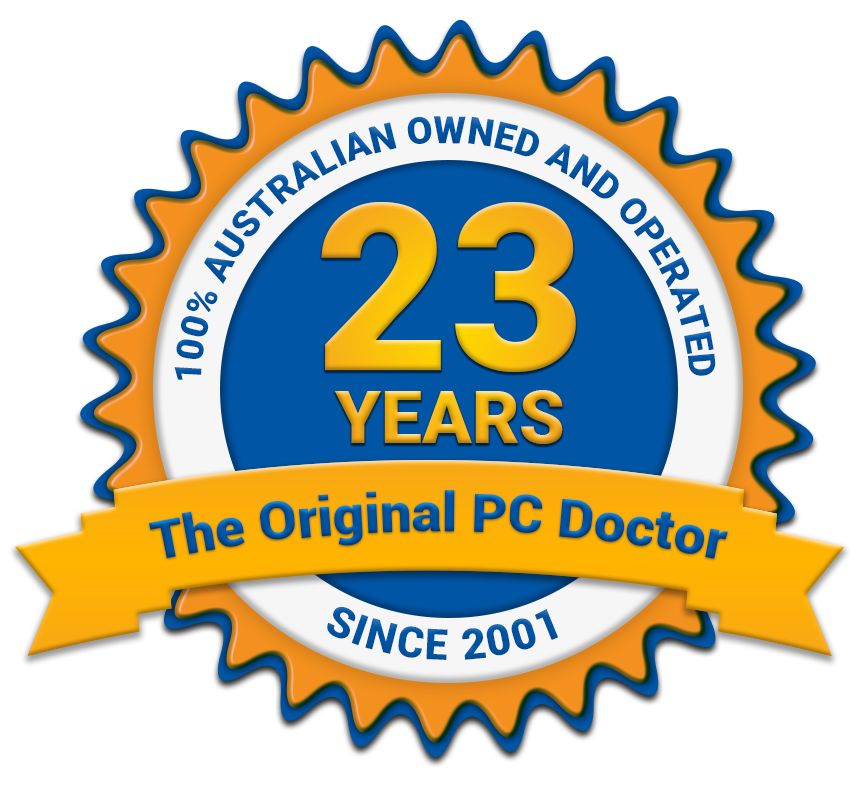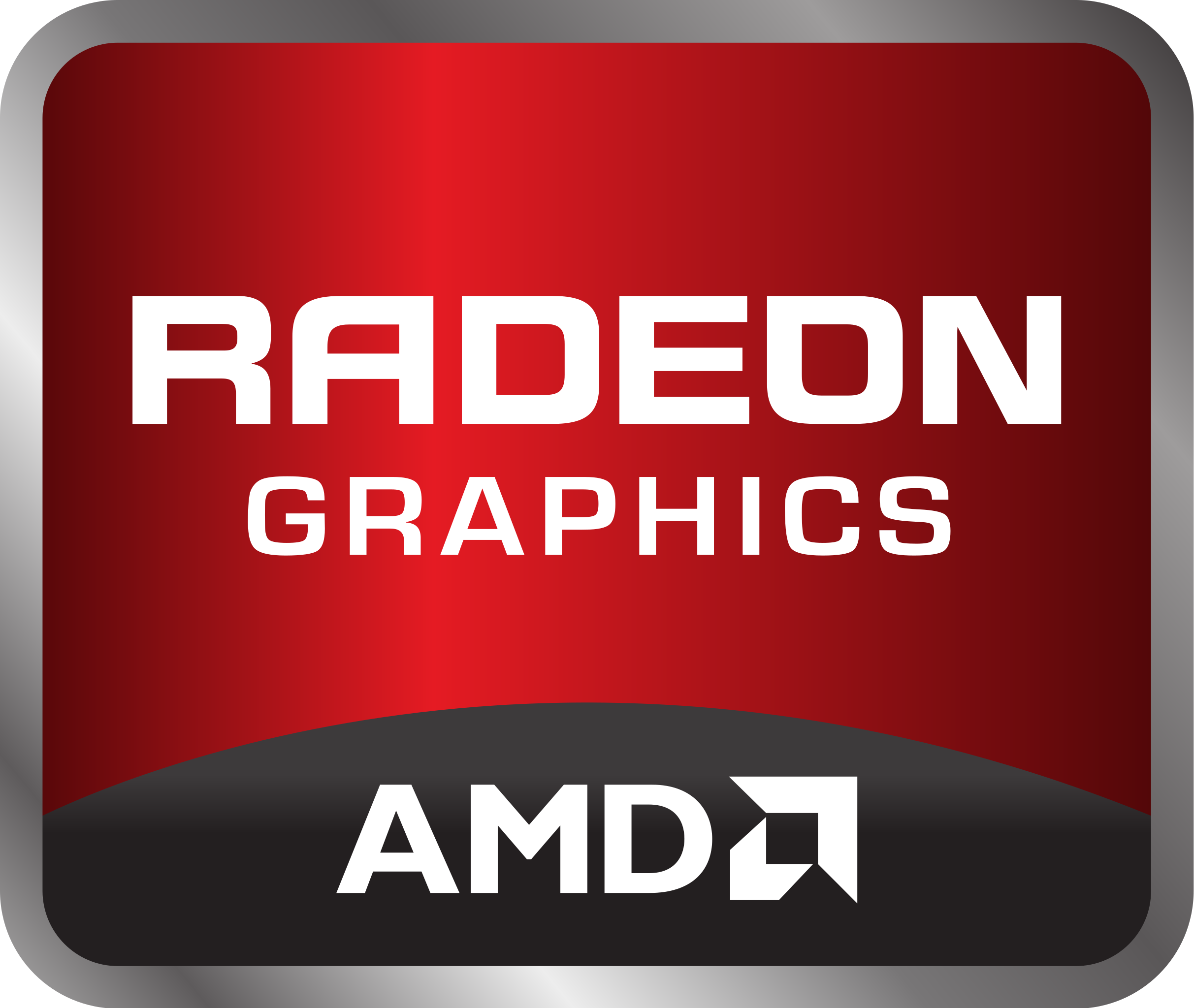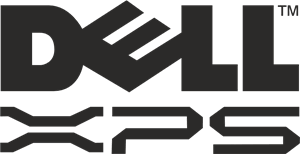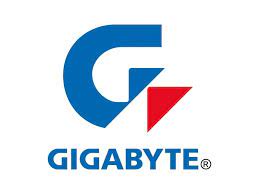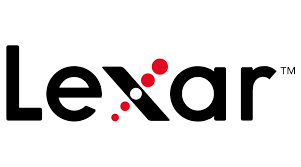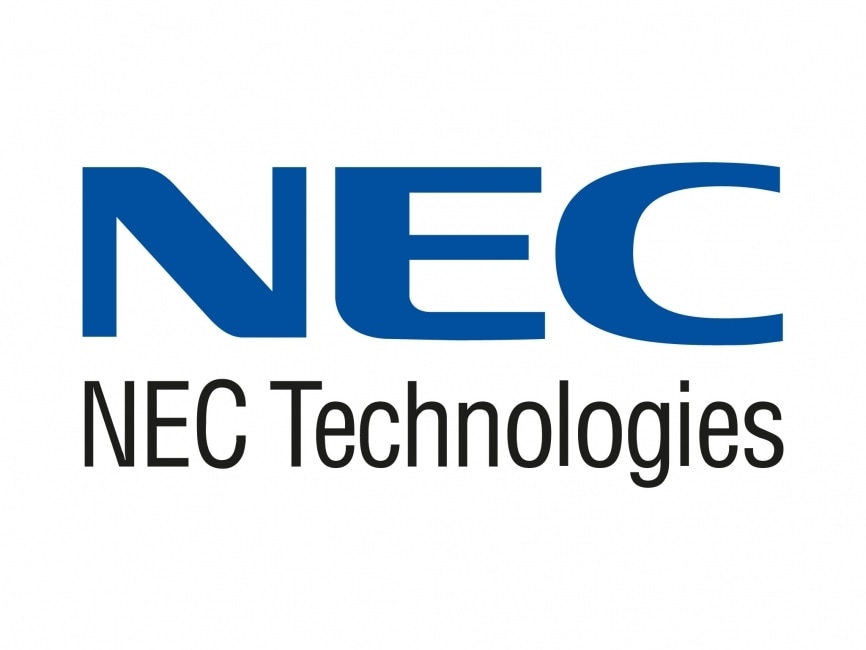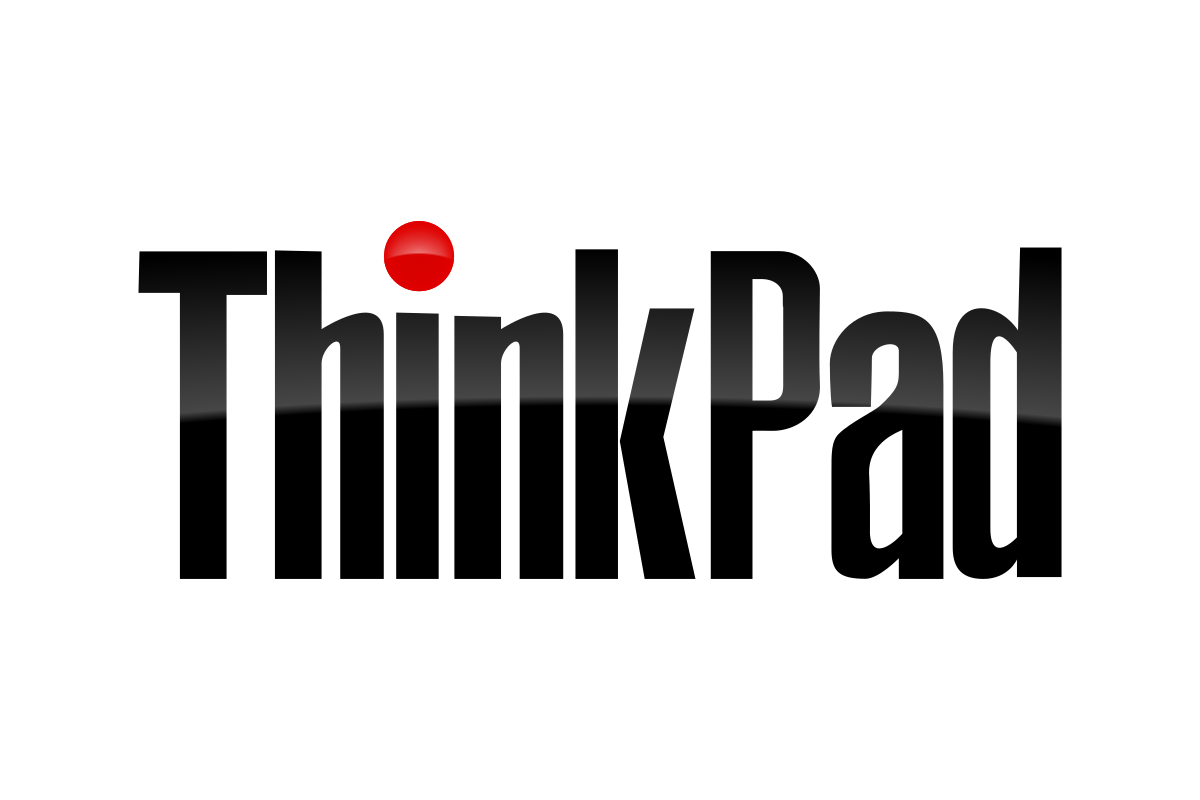The Tech Race: From Dial-Up to Neuralink
The past 30 years have witnessed a technological revolution unlike anything the world has ever seen. From the clunky desktops and dial-up modems of the early 1990s to the sleek smartphones and AI-powered devices of today, the pace of innovation has been nothing short of breathtaking.
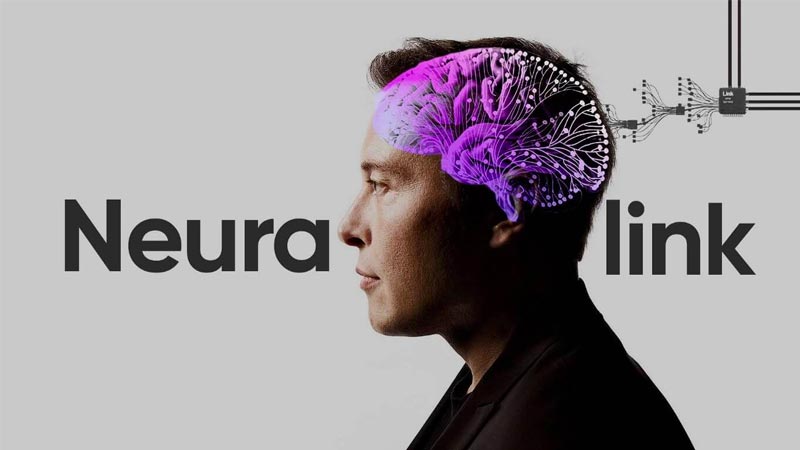
The Tech Race From Dial Up to Neuralink
This breakneck speed has been driven by a fierce tech race between global giants, each vying for dominance in the digital landscape. Companies like Apple, Microsoft, Google, and Amazon have poured billions into research and development, pushing the boundaries of what’s possible in seemingly every sector imaginable.
This relentless pursuit of progress has yielded a cornucopia of groundbreaking inventions:
- The rise of the Internet: Once a niche tool for academics and researchers, the Internet has become an indispensable part of daily life. It has revolutionised communication, commerce, and entertainment, bringing the world closer together than ever before.
- The mobile revolution: The invention of the smartphone has transformed the way we interact with technology. These pocket-sized powerhouses have become extensions of ourselves, allowing us to stay connected, informed, and entertained 24/7.
- The rise of AI: Artificial intelligence has gone from science fiction to everyday reality. AI algorithms are now powering everything from virtual assistants to self-driving cars, and their capabilities are only just beginning to be explored.
The Next Frontier: Brain-Computer Interfaces
As impressive as these advancements are, we may be on the cusp of an even more transformative era. The development of brain-computer interfaces (BCIs) has the potential to fundamentally change the way we interact with the world around us.
BCIs are devices that can read and write signals from the brain, allowing us to control machines with our thoughts or experience virtual realities directly. This technology has the potential to revolutionise fields like medicine, education, and entertainment.
One company at the forefront of this emerging field is Neuralink, founded by Elon Musk. Neuralink is developing a tiny, implantable chip that can be embedded in the brain to facilitate communication between the brain and computers.
In 2023, Neuralink achieved a major milestone by successfully implanting its chip into a human patient. This represents a significant step forward in the development of BCIs, and it opens up a world of possibilities for the future.
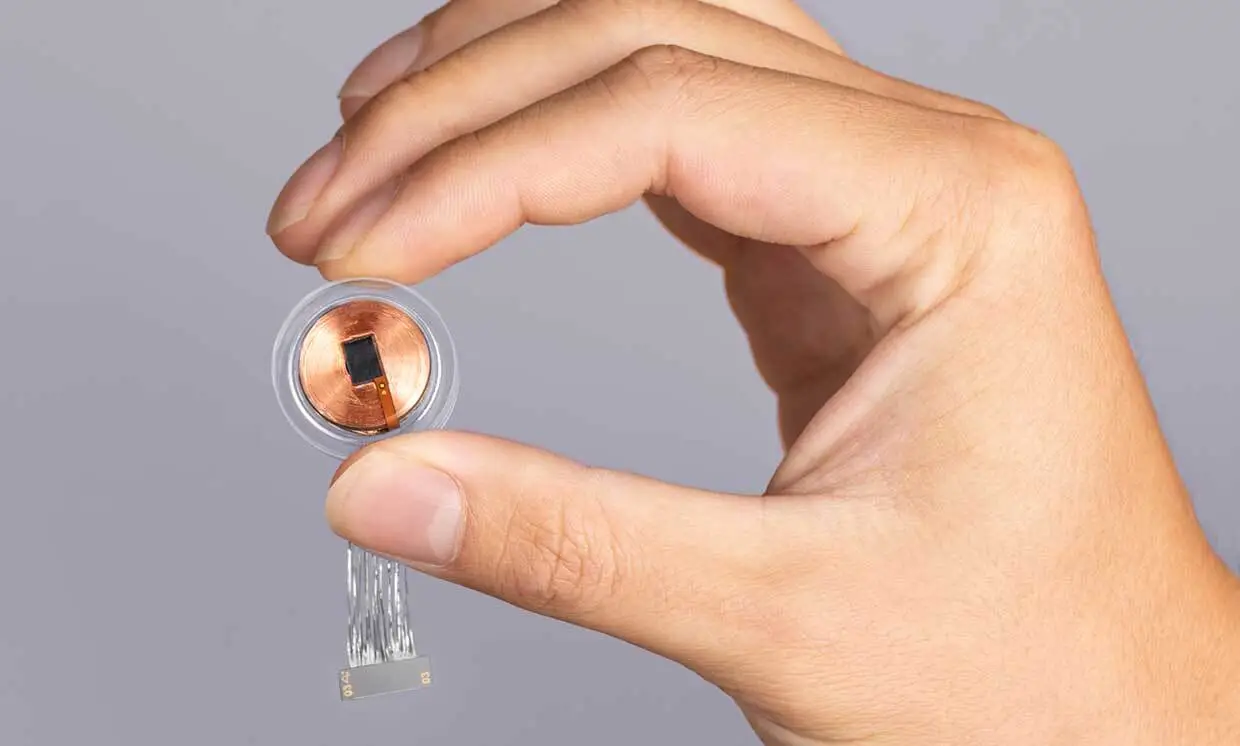
Neuralink implant chip
What the Future Holds
The future of computer chip implants is still uncertain, but the potential is vast. Some experts believe that BCIs could eventually allow us to:
- Control external devices with our thoughts, enabling paralysed individuals to regain mobility or amputees to control prosthetic limbs.
- Enhance our cognitive abilities, improving memory, learning, and creativity.
- Directly experience virtual realities, blurring the lines between the real and digital worlds.
- Treat neurological disorders such as Parkinson’s disease and epilepsy.
However, the development of this technology also raises a number of ethical concerns. Some worry about the potential for misuse of BCIs, such as the use of mind control or the creation of a digital divide between those who have implants and those who do not.
It is important to have a thoughtful and open dialogue about these issues as we move forward. We must ensure that BCIs are developed and used in a responsible and ethical manner, so that everyone can benefit from this transformative technology.
Conclusion
The past 30 years have been a time of incredible technological progress, and the next 30 are likely to be even more transformative. The development of BCIs has the potential to fundamentally change the way we live, work, and interact with the world around us. It is an exciting time to be alive, and it will be fascinating to see what the future holds for this revolutionary technology.
I hope this blog has given you a glimpse into the world of computer chip implants and the potential they hold for the future. As always, I encourage you to do your own research and form your own opinions on this important topic.
Additional Resources
Neuralink website: https://neuralink.com/
Brain-Computer Interface Alliance: https://www.bcia.org/
The Ethics of Brain-Computer Interfaces: https://www.ncbi.nlm.nih.gov/pmc/articles/PMC5680604/
—
Content Created on 1/2/2023 by
John Pititto
Managing Director
The Original PC Doctor





